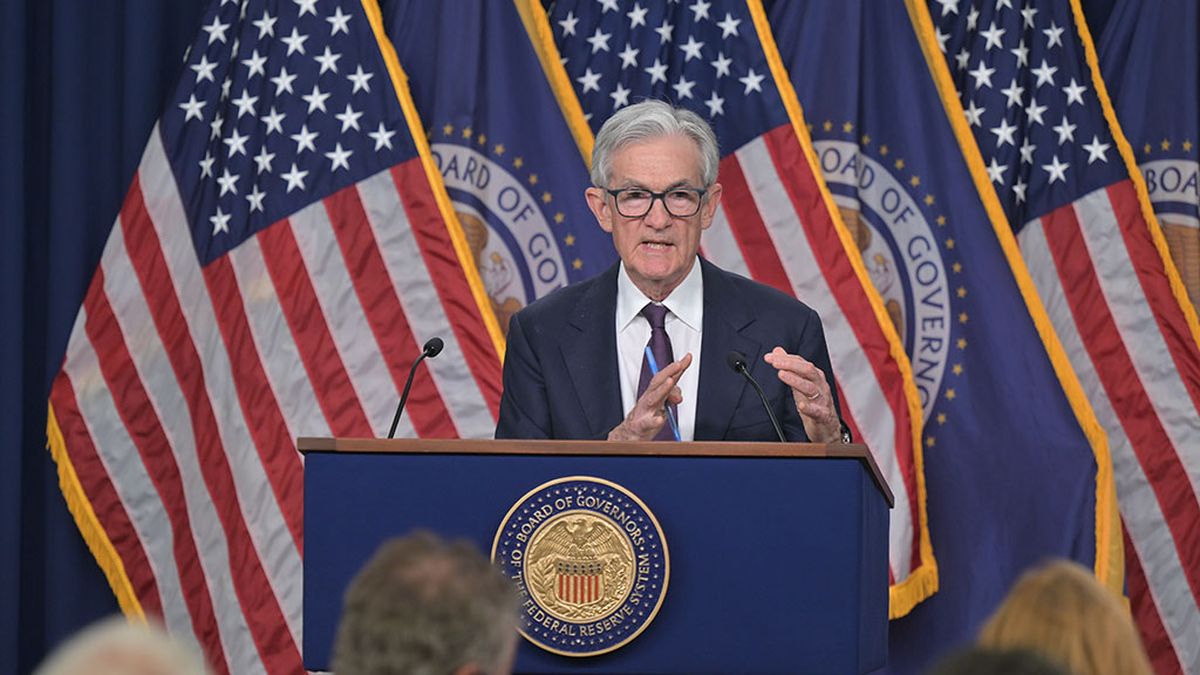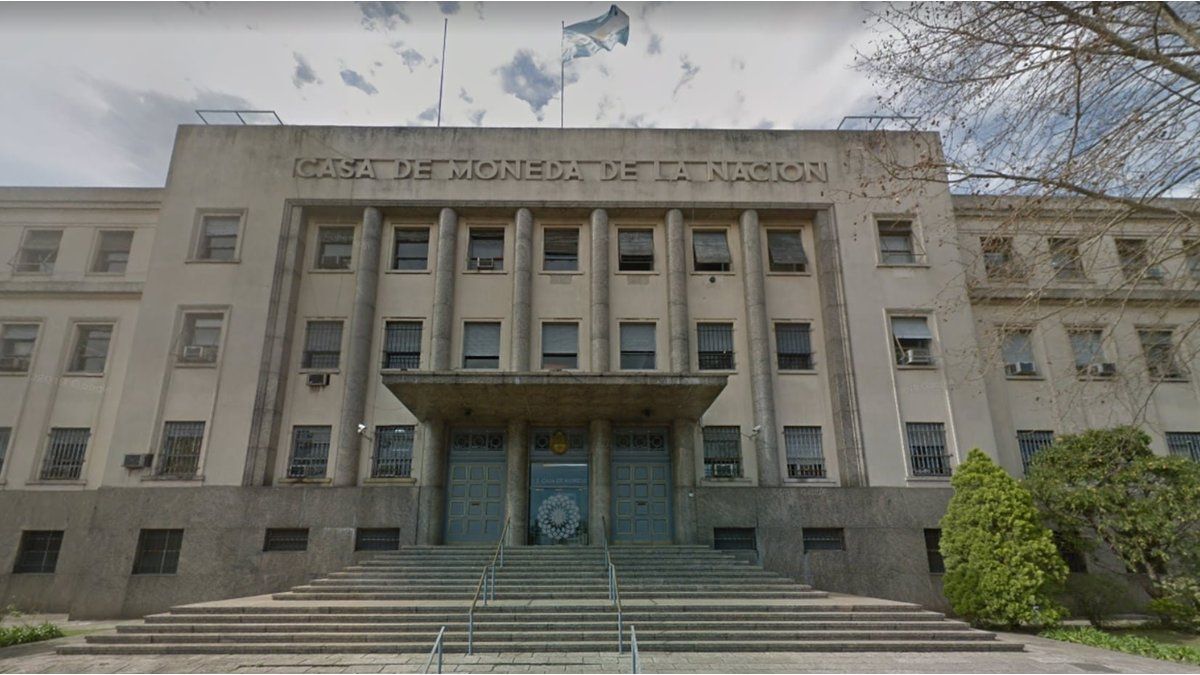Location at a glance
Gloomy prospects for Ukraine? Europeans meet with Zelensky
Copy the current link
Shortly before Christmas, leading representatives of European NATO states will meet again with Ukrainian President Zelensky. Is it also about Donald Trump’s possible plans?
Top representatives of European NATO states held confidential discussions about the difficult situation in Ukraine and further options for support around a month before Donald Trump took office as US President. According to information from the German Press Agency, Chancellor Olaf Scholz and the heads of state and government of Poland, Italy, Denmark and the Netherlands took part in the meeting in Brussels organized by NATO Secretary General Mark Rutte late on Wednesday evening.
Ukrainian President Volodymyr Zelenskyj, the foreign ministers from France and Great Britain as well as EU Commission President Ursula von der Leyen and EU Council President António Costa were also there. Zelenskyj is also scheduled to take part in an EU summit as a guest this Thursday.
No further details were initially given during the night about the course of the discussions and possible results. However, Zelenskyj and other participants want to give press conferences at the EU summit on Thursday.
Europeans want to put Kyiv in a strong negotiating position
The background to the informal meeting in Rutte’s Brussels residence was the difficult military situation for the Ukrainian armed forces in the east of the country and the scenario that Trump, as US President, could try to pressure Ukraine and Russia to negotiate. There are fears in Kiev that he could threaten Ukraine to stop military aid if it refuses. In turn, he could threaten Russian President Vladimir Putin to further expand military aid to Kiev if the Kremlin chief refuses to negotiate.
This raises the question for the European NATO states as to how Ukraine can be put in a position to conduct possible peace negotiations with Russia from a position of strength. In this context, new arms deliveries are being discussed, but also the deployment of peacekeepers to secure a possible ceasefire. Zelenskyj said on Wednesday evening before the talks that in the short term Ukraine needed more air defense systems. It is also about security guarantees “both for today and for tomorrow”.
Before the meeting, Rutte also called for further support and warned of major public debates about a possible deal between Ukraine and Russia. “When we now discuss among ourselves what such an agreement could look like, we are making it easy for the Russians. They sit relaxed in their armchairs, listen to our discussions, smoke a cigar with pleasure and watch it all on television,” he said. “I don’t think that’s helpful.”
Rutte added that in democracies it is of course inevitable that all these things are discussed openly. From his point of view, however, it would be wise to “curb things down a bit” and concentrate on what’s important – i.e. making Zelensky and Ukraine so strong that they could start talks with the Russians if they themselves thought it was right.
Macron and Starmer are missing from meetings
French President Emmanuel Macron, who has recently repeatedly shown himself open to sending troops, did not take part in the meeting at Rutte’s residence – although he had been in Brussels earlier in the evening for an EU-Western Balkans summit and then had also met bilaterally with Zelensky. The reason given was that Macron wants to visit the island of Mayotte, a French overseas territory in the Indian Ocean, which was devastated by cyclone “Chido” this Thursday.
Like British Prime Minister Keir Starmer, Macron was represented by his foreign minister. The only two European NATO states with nuclear weapons were therefore not represented at the highest level.
Ukraine still under pressure on the front
On the front in Ukraine, the country’s troops continue to be under pressure. According to the General Staff situation report, there were more than 200 clashes between Russian attackers and Ukrainian defenders during the day. The Russians carried out 55 of these attacks in their own Kursk region alone. According to reports, many North Korean soldiers have also been deployed in recent days.
Another focus is the Pokrovsk area in the Donetsk region of eastern Ukraine. In Kurachowe, to the south, the Ukrainians only hold a small part of the city. They may have to abandon Kurachowe in the next few days if they don’t want to get caught in a cauldron. The military blog “DeepState” reported that Russian troops occupied the town of Trudove and also advanced into the Kharkiv region.
According to the local military administration, a Russian rocket attack in Kryvyi Rih, southeastern Ukraine, paralyzed the power supply in parts of the city and damaged both high-rise buildings and a hospital. So there were no deaths. In Rostov, southern Russia, a Ukrainian drone attack set an oil refinery on fire, the region’s governor said on Telegram. The information provided by both warring parties could not initially be verified.
Criticism of killing of Russian general from Washington
The fact that Ukraine can no longer rely on support from the USA for its actions in the future became clear after the assassination attempt on Russian General Igor Kirillov in Moscow. Trump’s nominated special envoy for Ukraine and Russia, Keith Kellogg, was critical of this: “There are rules for waging war, and there are certain things you just shouldn’t do,” Kellogg told US broadcaster Fox Business. While a general on the battlefield is a legitimate target, a targeted attack on “non-combatants” – people outside of active combat – exceeds the rules. “If you (…) kill generals in their hometown, then you’ve somehow expanded it,” said Kellogg.
That will be important on Thursday
In addition to the EU summit in Brussels, Ukraine also plays an important role in Moscow on Thursday. There, Kremlin leader Putin will attend his traditional annual press conference, which this time he will once again combine with a public consultation. In the marathon event, he is expected to once again present the Kremlin’s view of the war.
dpa
Source: Stern
I have been working in the news industry for over 6 years, first as a reporter and now as an editor. I have covered politics extensively, and my work has appeared in major newspapers and online news outlets around the world. In addition to my writing, I also contribute regularly to 24 Hours World.




